

Write what you are looking for and press enter to begin your search!

Live News
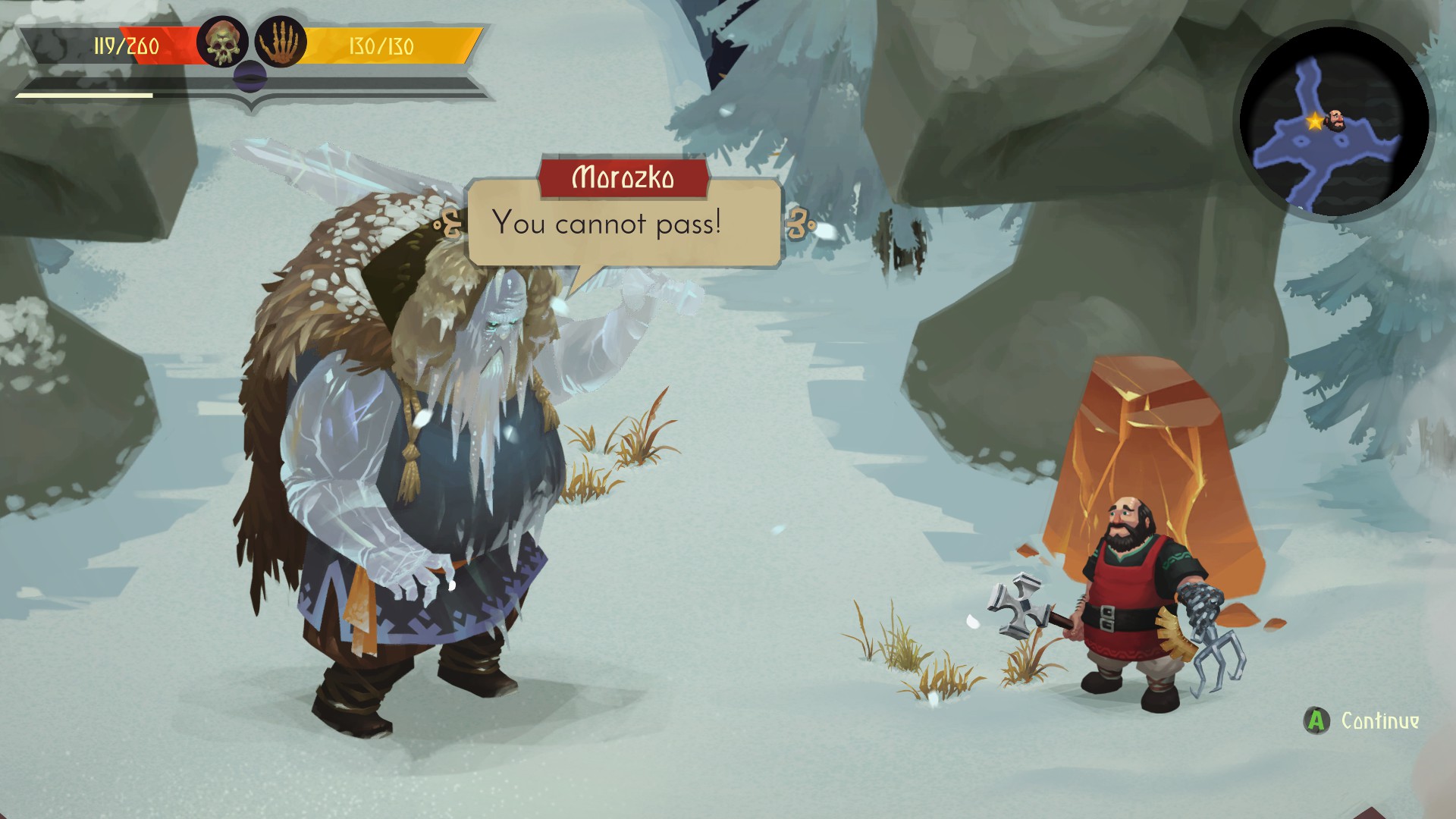

Yaga Is A Rogue-Like Slavic Delight That Occasionally Feels Like A Slog
 ">
">
By Alleef Ashaari|January 18, 2021|0 Comment
Platforms: PS4, Xbox One, Nintendo Switch, PC
Genre: Rogue-Like Action RPG Hack And Slash
The most common and well-known fairy tales come from Western Europe while those from Eastern Europe tend to be overlooked especially in pop culture. However, recent games and other media have started becoming more inspired by Eastern European culture and myths, including CD Projekt Red’s The Witcher franchise and comics like Mike Mignola’s Hellboy.
Eastern European culture covers everything from Russia, Ukraine, Poland, Romania, Serbia, and more. One of the most enduring mythical beings from these parts of the world is the Baba Yaga, who’s basically the Slavic equivalent of a witch. Oh, and no, I’m most definitely not referring to Keanu Reeves’ gun-toting assassin John Wick in any way.
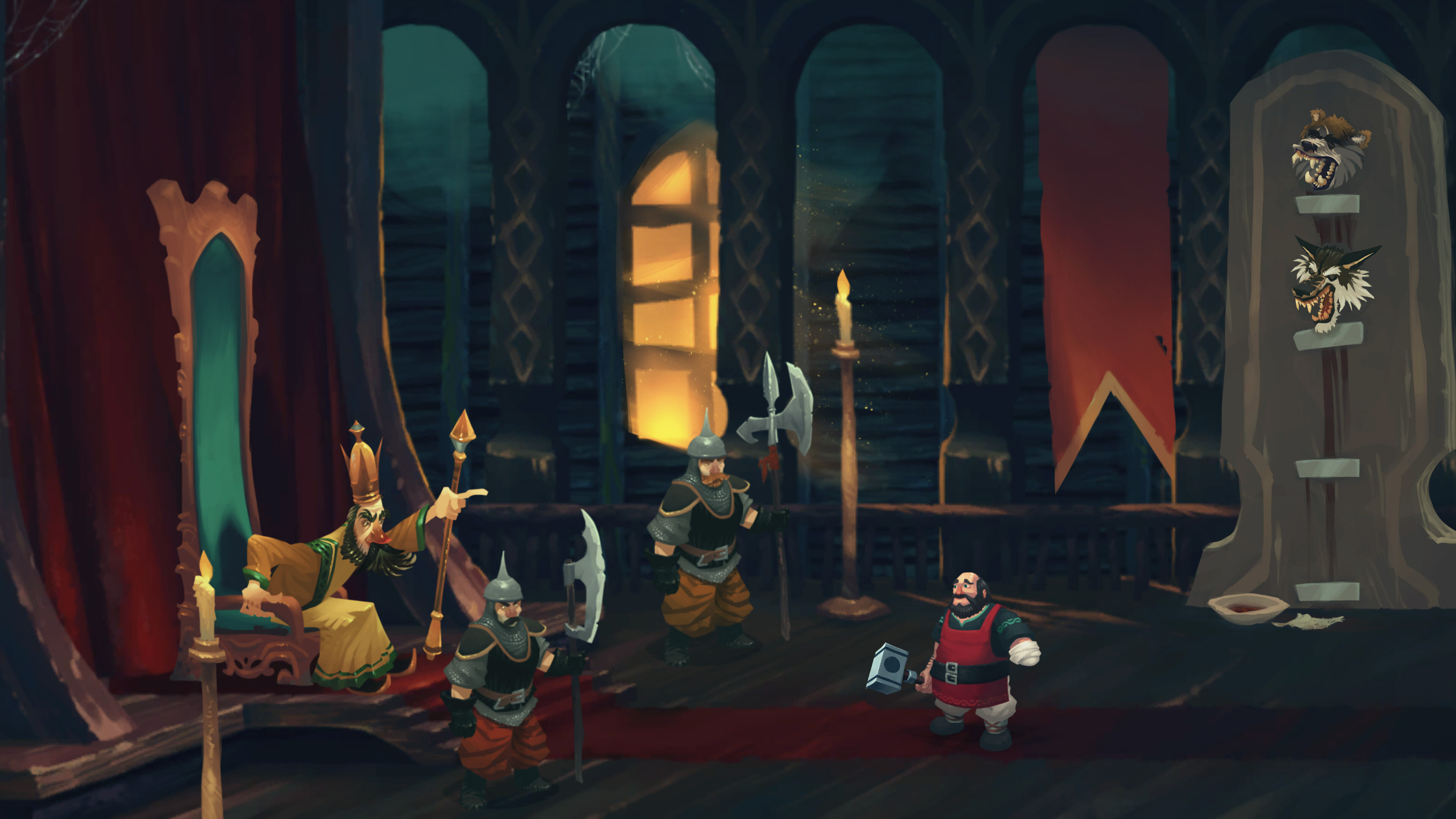
Last year, rogue-like action RPGs got into the spotlight thanks to Supergiant Games’ award-winning Hades. Breadcrumbs Interactive’s Yaga belongs to pretty much the same genre. While it won’t impress as much as Hades did, Yaga still stands out due to its charming story, characters and visuals, which benefits from the rich and exotic Slavic culture it’s it’s deriving from.
In that way, it is extremely refreshing. I’m frankly getting fatigued from seeing the same cultures being made into games. There’s only so much you can squeeze out of Greek and Norse mythologies before they get stale and done to death. Yaga starts with a protagonist named Ivan, who loses his hand after getting cursed with bad luck by a witch named Likho. At the same time, the ruler, a Tzar, also gets cursed but by the Baba Yaga.
Ivan’s bad luck attracts the attention of the Tzar and to avoid getting banished, Ivar must accomplish several impossible quests to retrieve fabled items for the tyrannical ruler. To obtain the items necessary to complete these quests, Ivan will have to seek the help of the Baba Yaga, and in true video game format, Ivar will have to do a lot of stuff to get everything he needs.
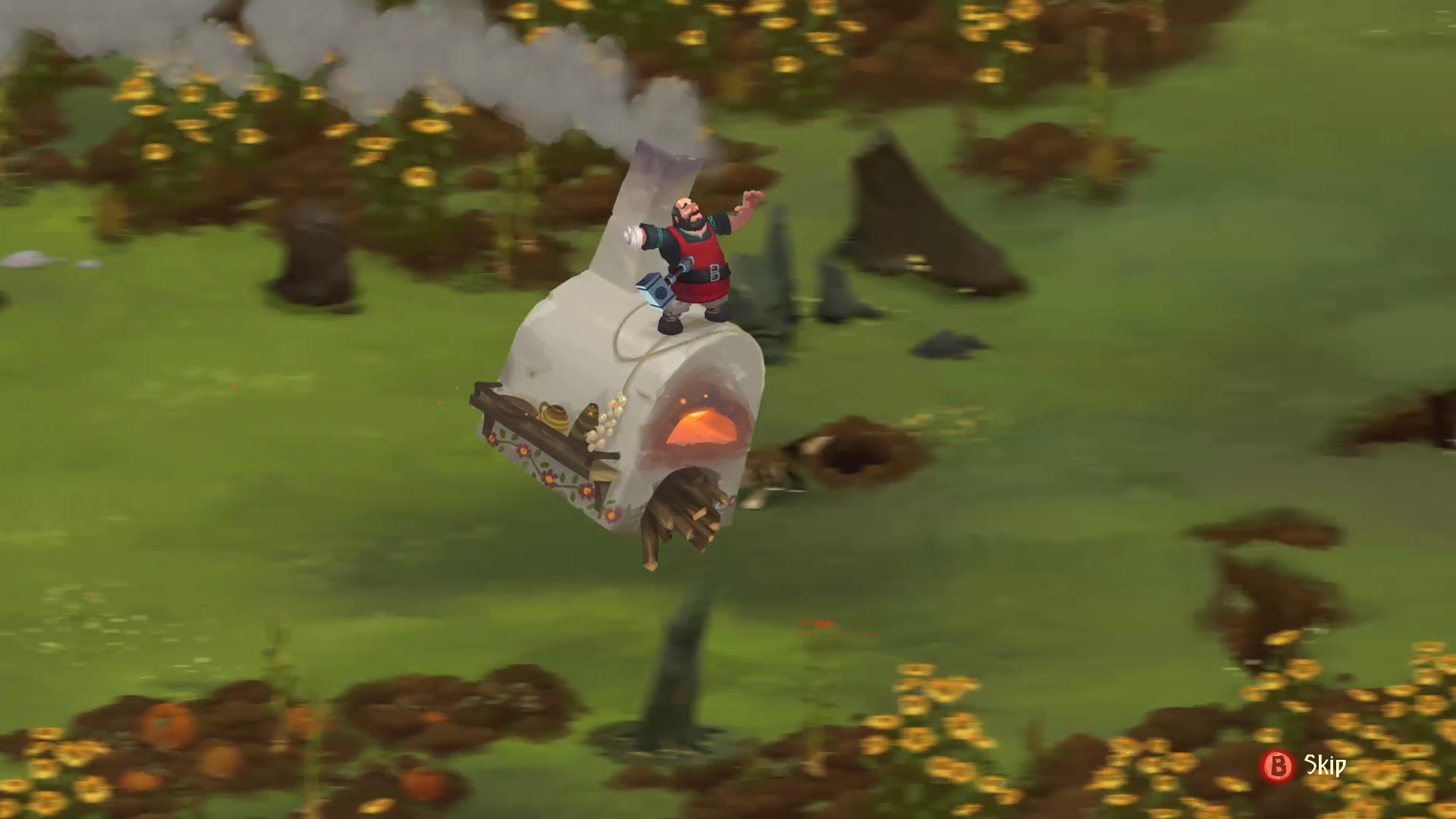
In Yaga, this translates to players (as Ivan) having to go from NPC to NPC and complete quests for them to obtain specific items requested by the Baba Yaga and Tzar. For each quest, players will have to complete a procedurally-generated level, which is where the rogue-like elements come in. There’ll be a bunch of smaller side quests for each bigger quest as well, and they’re usually fun little stories that add to the overall charm of the game.
Before I get into the combat and meat of the game, remember that bad luck afflicting Ivan at the beginning of the game? Yeah, that bad luck isn’t just for narrative purposes. Unfortunately, it’s also a mechanic in the game. You see, when dealing with NPCs, players can choose the dialogues and actions of Ivan, which will result in different outcomes or personality traits. For example, choosing to do a side quest for an NPC without asking for a reward will add one point to Ivan’s Righteous trait.
Being inconsistent with your dialogues and actions will cause the Bad Luck meter to progress faster. Using items in levels will also cause the Bad Luck meter to advance further. When the Bad Luck meter is filled, the witch Likho will return and assault the player, destroying their items and weapons. It’s easy to actually empty the Bad Luck meter, as spending money at one of the game’s merchants will do the trick. After playing for several hours, this Bad Luck mechanic didn’t really do much to hinder my progress, but the threat of Likho waiting as my meter fills just adds unnecessary frustration to the game.
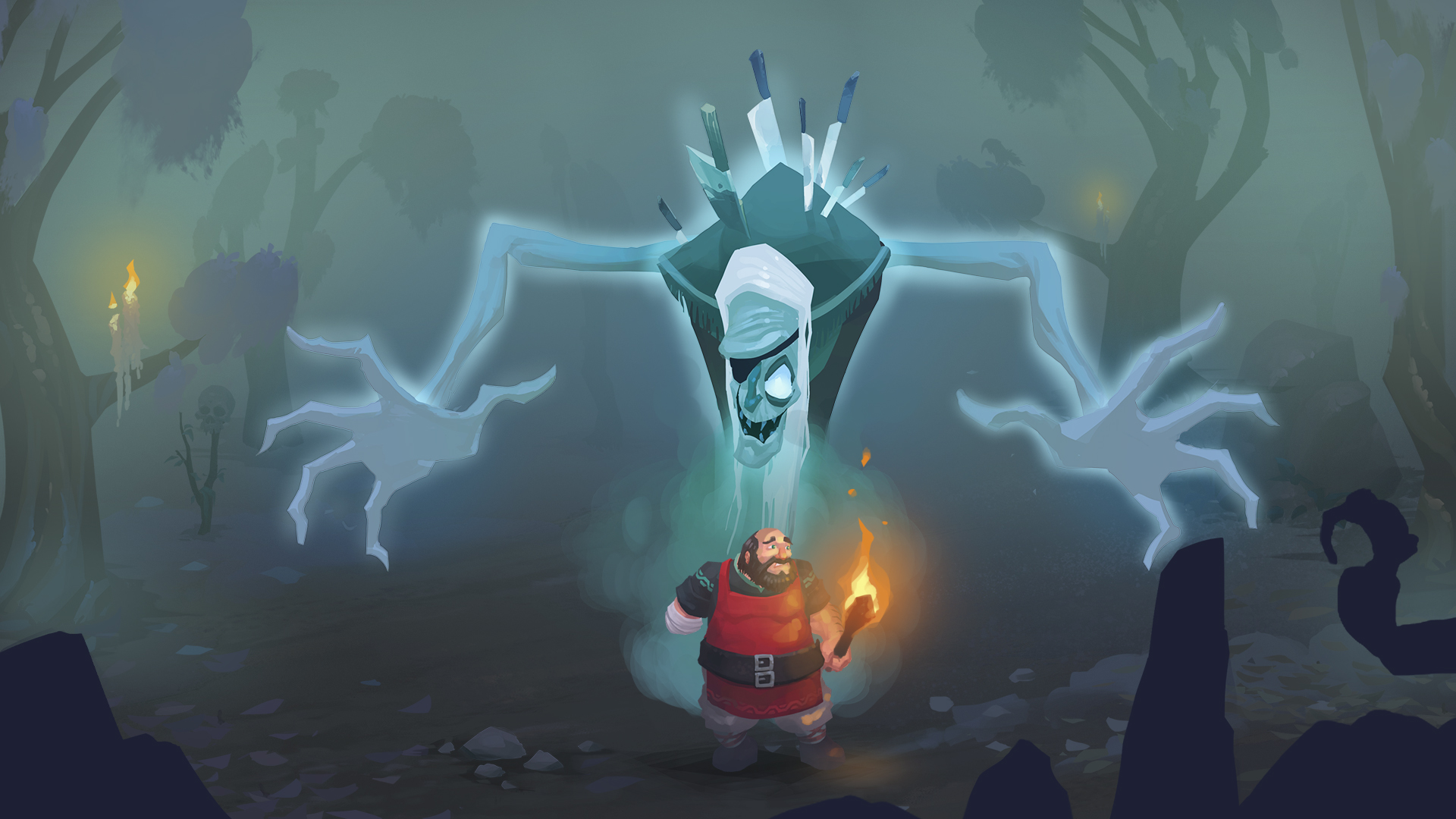
As for the combat, Ivan only has access to his hammer on one hand, and special equipment on the other that you’ll obtain throughout the game, such as a grappling hook pitchfork that can extend forward, a shield, a bear claw, and more. Ivan is a blacksmith, so one of the core mechanics of the game is that you can craft weapons at actual anvils in the game. At first, the weapons that you craft will eventually break and at an annoyingly-fast rate at that, which makes crafting something that doesn’t feel like it’s worth doing. As you upgrade your anvil and obtain better resources, these upgraded weapons can make a huge difference.
Unfortunately, different crafted weapons don’t feature different combos or techniques either. From the beginning to the end of the game, players only have access to the same one-button three-hit combo with their hammer, another button that unleashes a boomerang-like toss that hits enemies and returns to their hand (similar to Thor’s Mjolnir or Kratos’ Leviathan axe toss), and the special ability of whatever special equipment they currently have equipped on the other hand. No matter what weapon you craft, it will handle and feel the same, albeit with powerful passive buffs and the like (like summoning lightning with every strike).
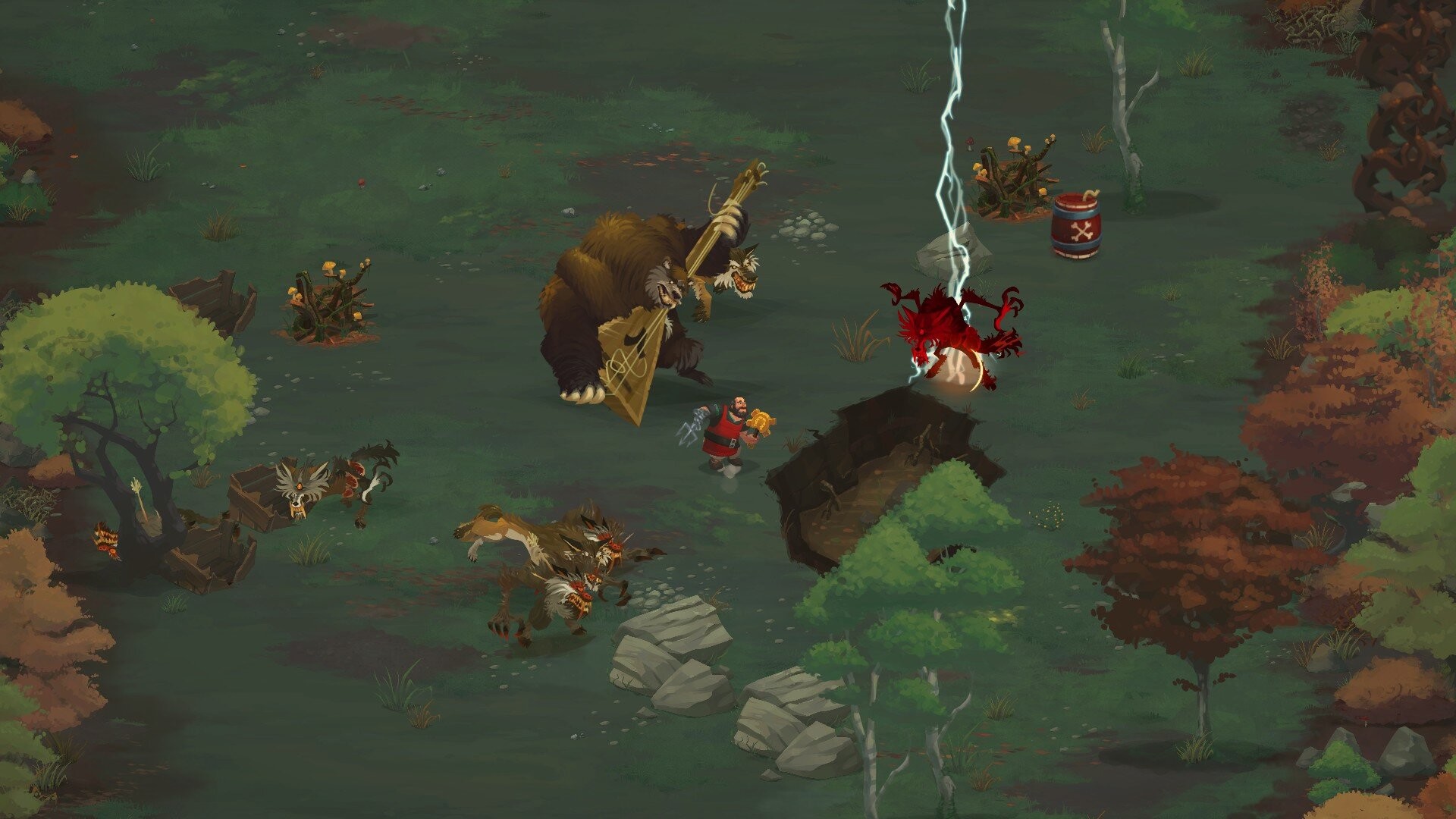
The combat can get repetitive and dull fast, especially you’re forced to fight multiple enemies at the same time. Just don’t expect the same level of depth or intensity from something like Hades, and the gameplay in Yaga is pretty decent. There’s nothing particularly wrong about the combat in Yaga, but it’s just okay. It’s not addicting or exhilarating enough to make me want to play more.
It’s satisfying enough and your hits feel punchy with some weight attached to them, but they don’t feel as precise as they should. Several actions will deplete Stamina, such as dodging and using your special equipment arm, both of which are essential in combat. How well you do in combat is basically how well you can juggle the same combo, spam throwing the hammer, and occasionally use the special equipment arm. There’s not much depth, besides the variety of enemies.
Fans of Slavic culture will love the sheer amount of creatures from Slavic folklore and myth crammed into Yaga. I’m not so well-versed in Slavic culture, but I still managed to recognise some of the creatures from my time playing The Witcher franchise and reading Hellboy. It’s refreshing to see unique designs and elements from another culture in a game. Do you know what a Poludnica or Poleviks are? Neither did I before I played Yaga.
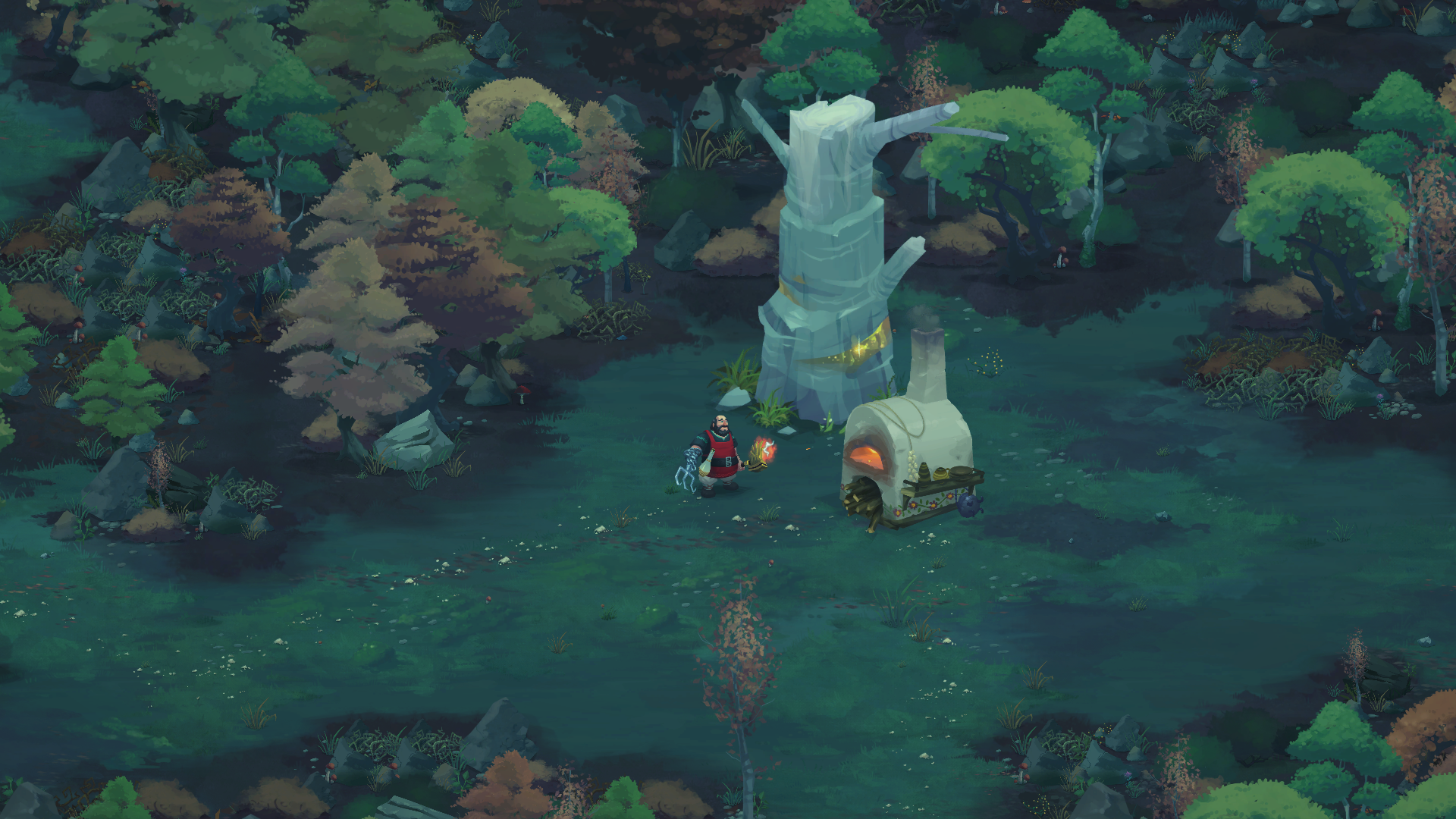
One of the main highlights of Yaga is its music, which is another thing it has in common with Hades. Both Hades and Yaga have brilliant original music soundtracks. The one in Yaga is composed by Romanian hip-hop band Subcarpați, which is why the music in this game just feels so unique and remarkable. It makes the game even more energetic and lively, which more than makes up for its mediocre combat.
The developer and publisher know this, as Yaga‘s soundtrack is available as a separate purchase on Steam, and it’s one that I’m seriously considering getting just to listen to even when I’m not playing the game. What is it with indie RPGs and great music recently? It’s definitely a welcome trend, and in the past year alone, I’ve seen this in Hades, Ikenfell (another awesome indie RPG), and now, Yaga. Trust me, the songs in Yaga are on fire.
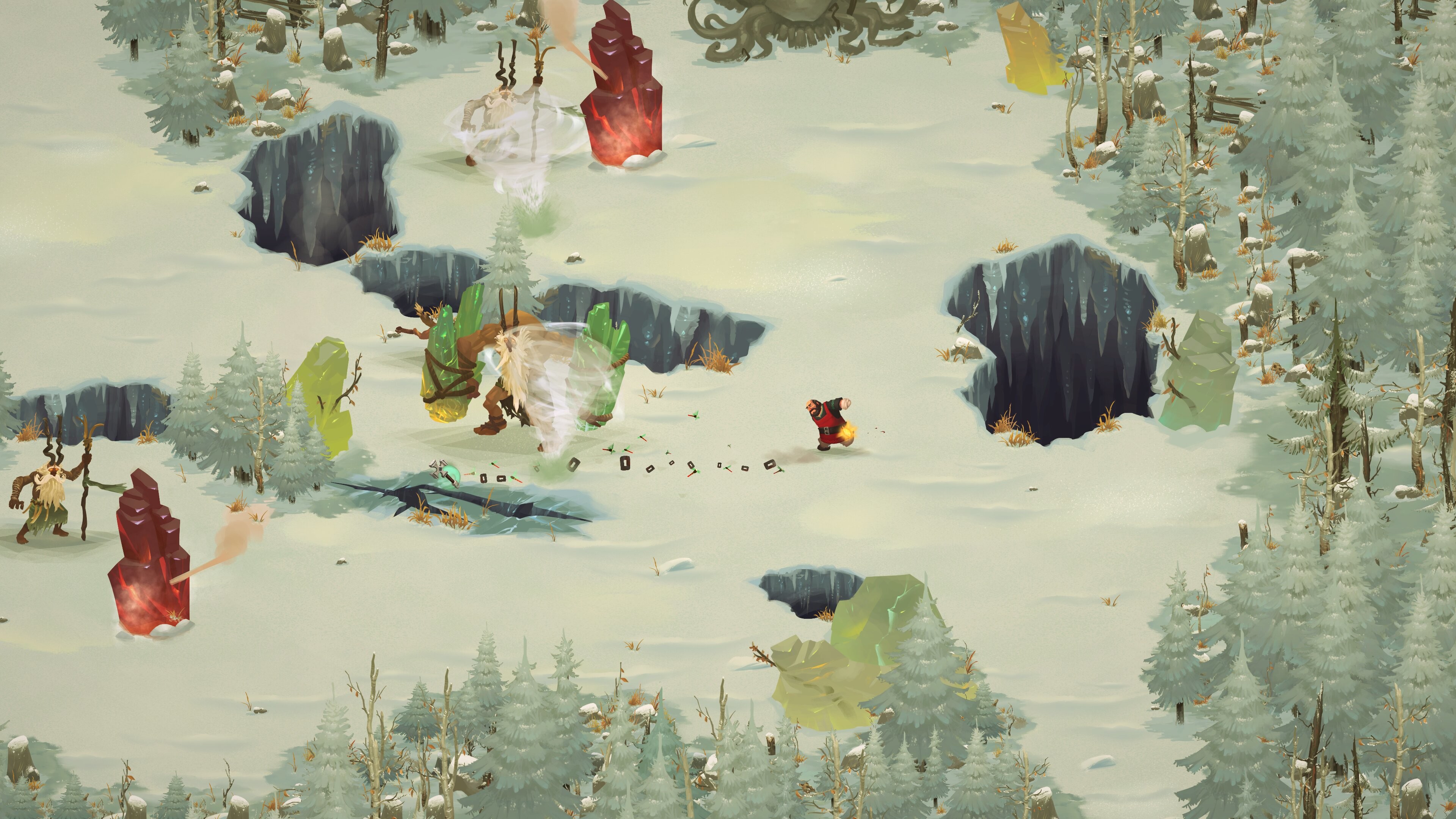
If you’re looking for a rogue-like action RPG with a refreshing flavour, then Yaga is the game for you. The actual combat and gameplay aren’t much to shout about, but the unique Slavic culture in the writing, characters and music more than make up for the game’s shortcomings. I almost didn’t play Hades because I was tired of Greek mythologies in games. I eventually tried it and fell in love with the gameplay.
With Yaga, you’ll stick around for the great writing and Slavic elements. It took me around 5 to 6 hours to finish one playthrough of Yaga, but with multiple endings and the ability to make different choices with different outcomes, there’s definitely some replayability value right there.
Yaga was reviewed on Steam (PC) via a review code from the publisher.
[videopress C7q7QYpK]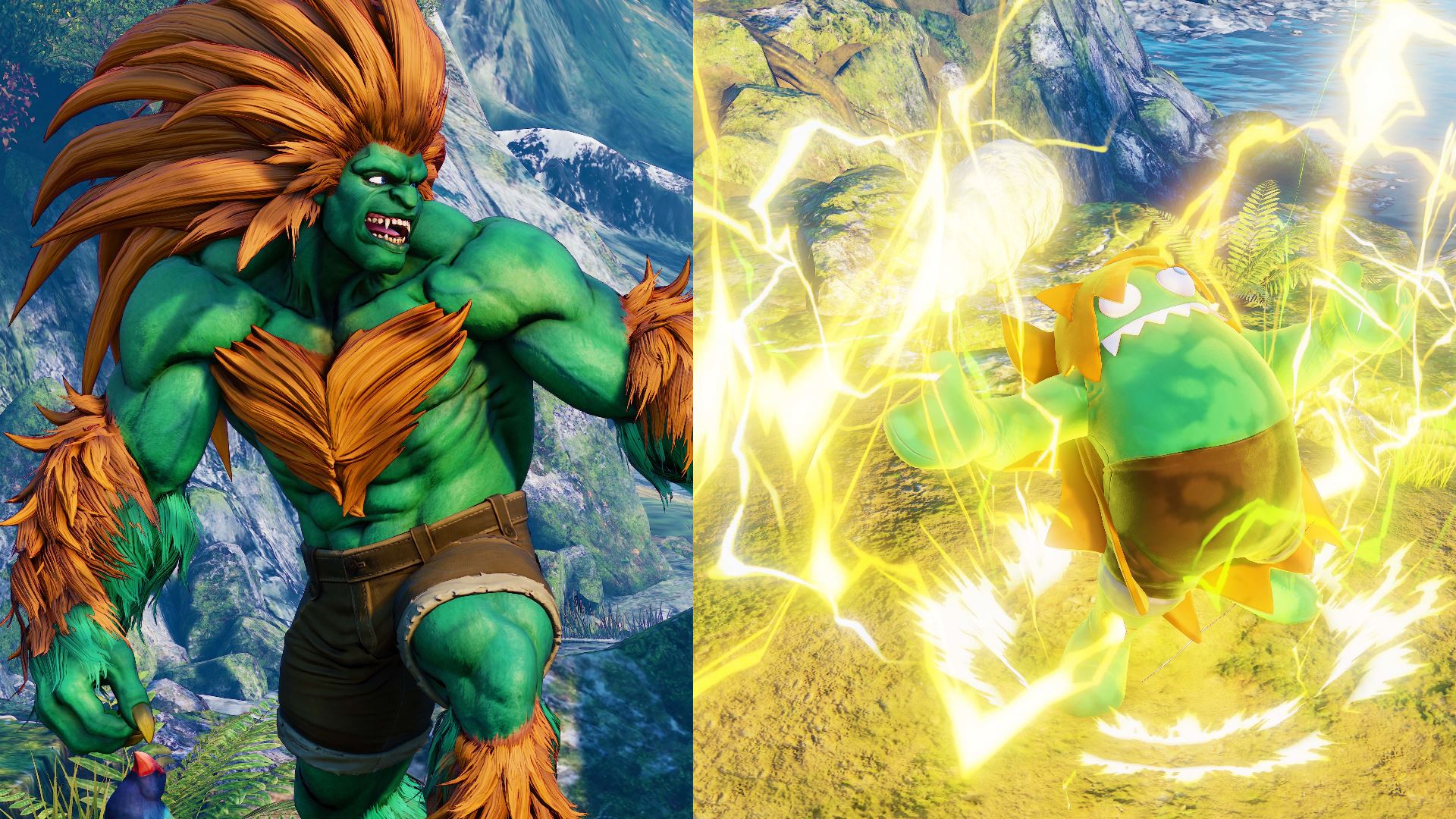
By Team KKP|July 31, 2019
Want to try out Street Fighter V for free? Would you rather playtest Sagat, Sakura, Cody, Falke, Blanka, and the awesomely awesome G? Then you're in l...
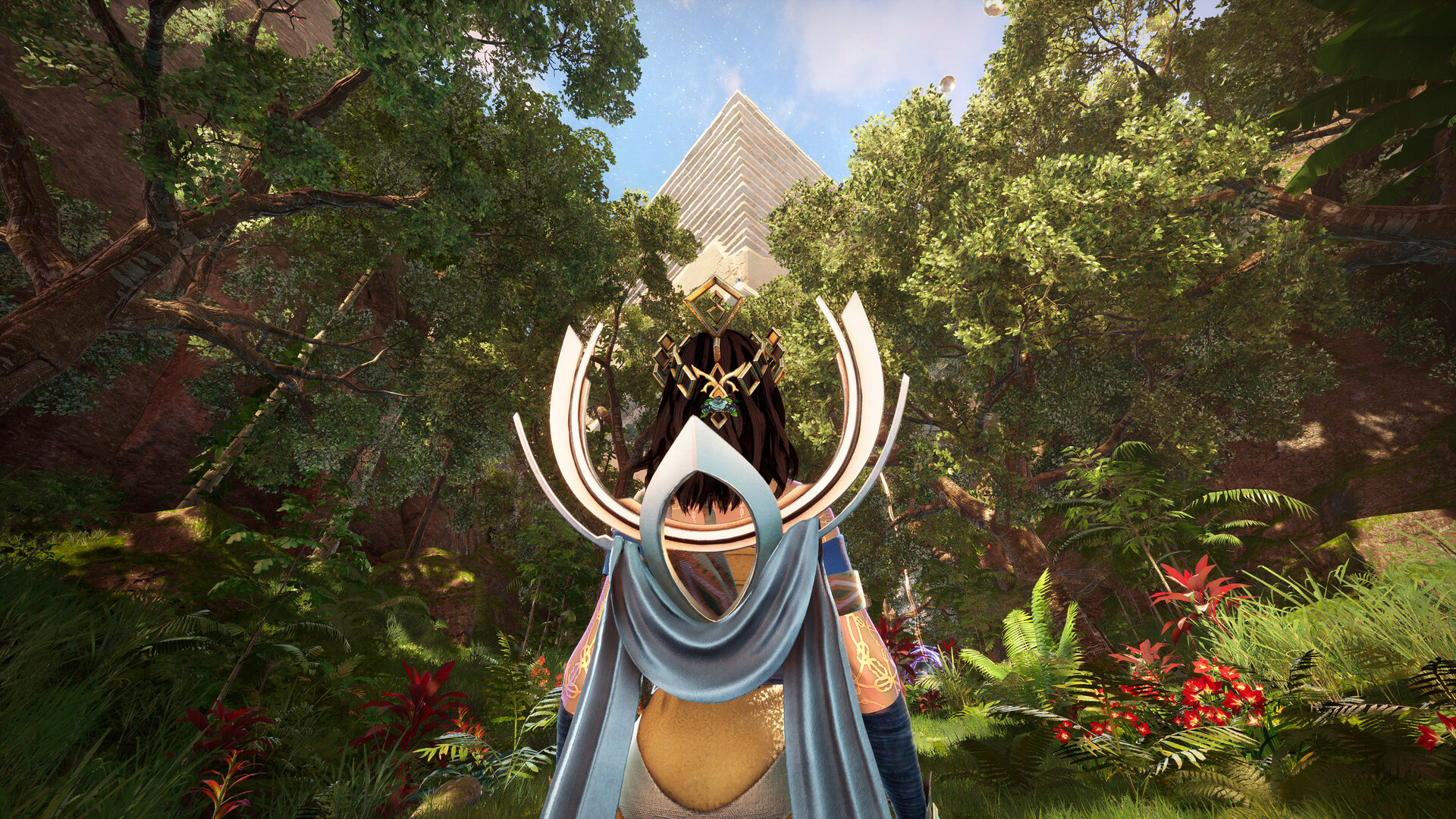
By Alisha Alix|February 14, 2024
Platform(s): PC (version reviewed) Genre: Puzzles, Exploration, Fantasy, Open World, Atmospheric Puzzle video games emerged as a promine...
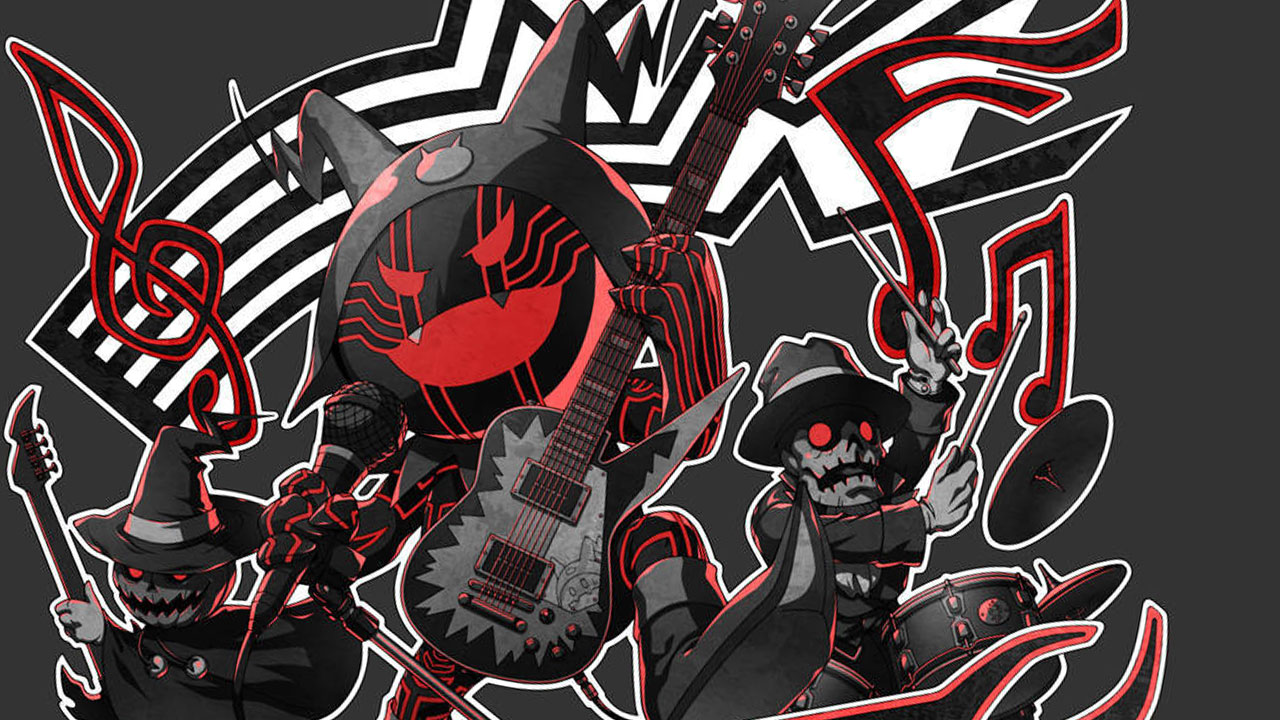
By Mr Toffee|June 30, 2021
The Shin Megami Tensei music concert that took place this March is now available in music form on Spotify. The concert in March focused on live mus...

By Mr Toffee|November 20, 2024

By Team KKP|October 29, 2024

By Kenn Leandre|October 25, 2024

By Mr Toffee|October 24, 2024

By Team KKP|October 21, 2024

By Lewis "lickety" Larcombe|September 18, 2024

By Alisha Alix|August 20, 2024

By Alleef Ashaari|July 17, 2024

By Team KKP|July 1, 2023
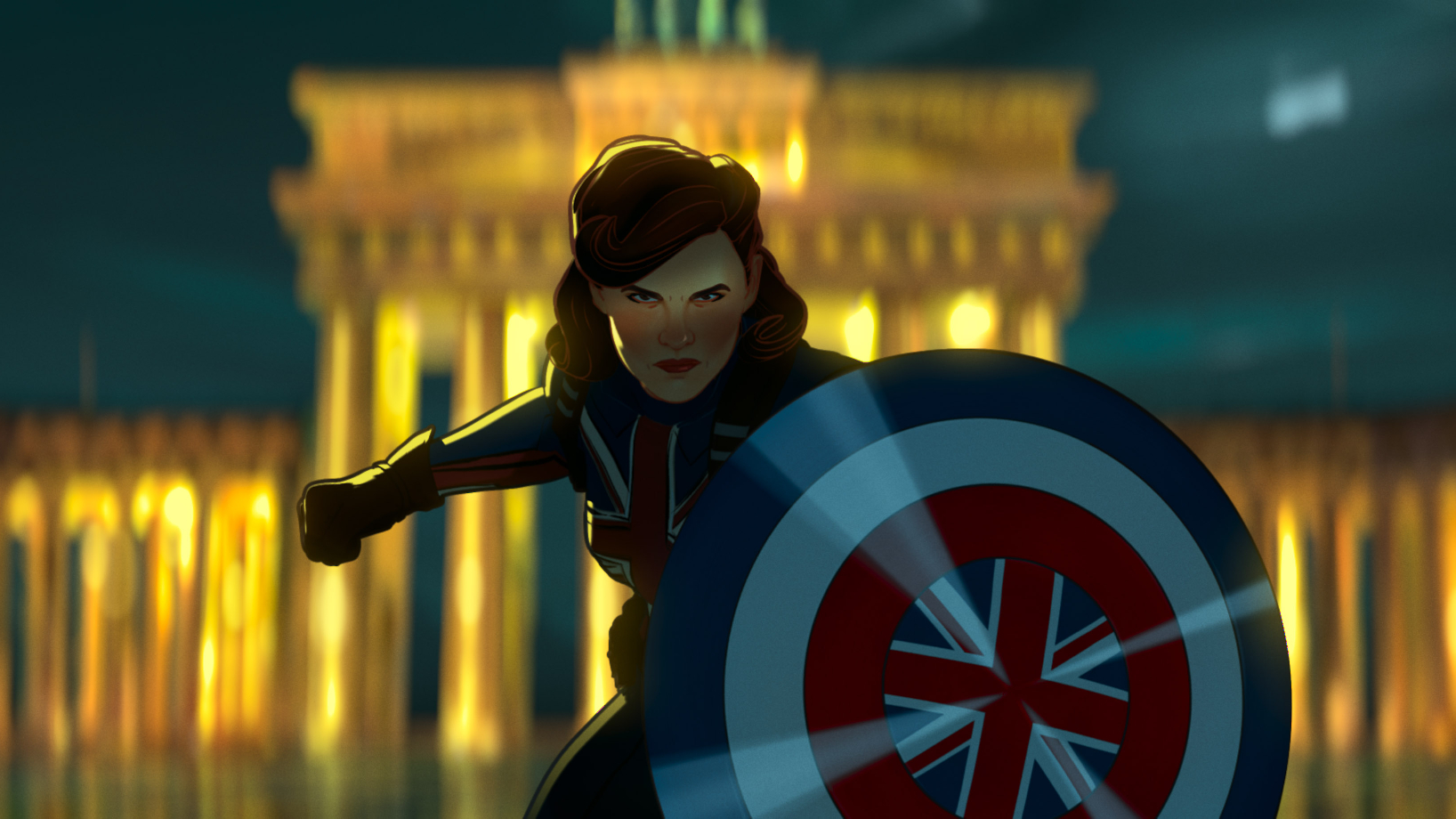
By Alleef Ashaari|August 2, 2021

By Alleef Ashaari|February 9, 2022

By Mr Toffee|November 20, 2024

By Team KKP|October 29, 2024

By Kenn Leandre|October 25, 2024

By Mr Toffee|October 24, 2024

By Team KKP|October 21, 2024

By Lewis "lickety" Larcombe|September 18, 2024

By Alisha Alix|August 20, 2024

By Alleef Ashaari|July 17, 2024

By Team KKP|July 1, 2023

By Alisha Alix|November 22, 2024

By Mr Toffee|November 20, 2024

By Team KKP|October 29, 2024

By Kenn Leandre|October 25, 2024

By Mr Toffee|October 24, 2024

By Team KKP|October 21, 2024

By Lewis "lickety" Larcombe|September 18, 2024

By Alisha Alix|August 20, 2024

By Alleef Ashaari|July 17, 2024

By Team KKP|July 1, 2023
Copyright @ Kakuchopurei 2024